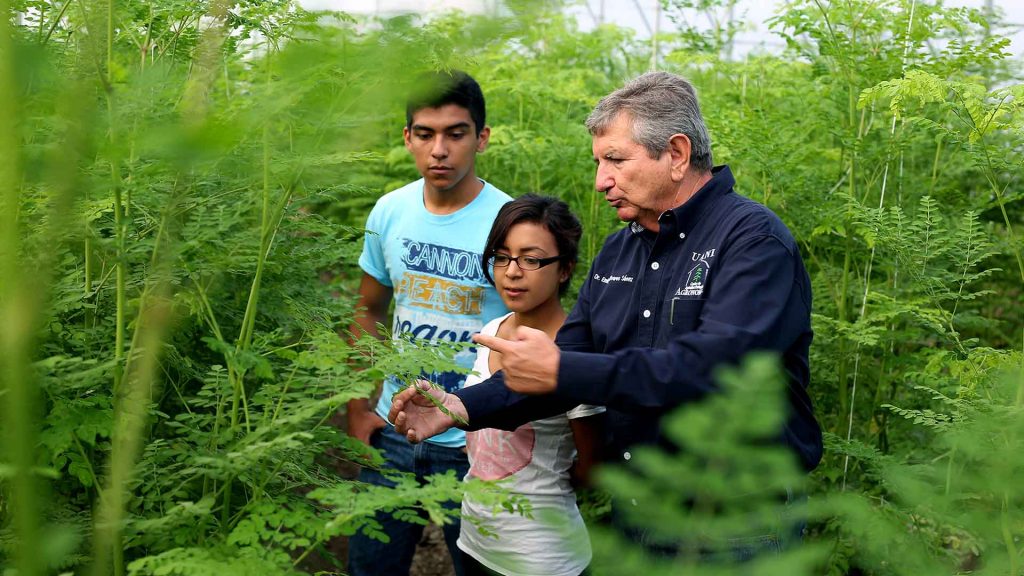A development that takes into account the satisfaction of the needs of the present generations

This intragenerational thesis refers to the fact that political participation is required to create new institutions in step with cultural changes that allow social exclusion to be reduced, that is, to reorganize daily life and social reproduction. This requires addressing aspects such as:
a.The demographic pattern. The reduction in mortality and the large population contingents that are integrating into the consumer society, among other aspects, have caused an exponential growth in the demand for food, which results in a food crisis in some parts of the world; This is why it is necessary to act on the demographic pattern, for example, introducing voluntary regulation of births that leads to a gradual stabilization of the population.
b.Social equity. Intragenerational solidarity is another elemental aspect in sustainable development. This requires redefining policies and goals to achieve greater equity in income distribution and thus reduce the gaps between developed and developing countries. To achieve equity it is necessary that there be economic growth but that it generates jobs; that it be more equitable, that is, that the fruits of work benefit everyone and not just a few; that includes the voices of communities through democratization; that it be a growth that strengthens cultural identity; a growth that takes care of natural resources and the environment to move towards a more certain future.
c.New policies for new institutions. Political reform is a necessary condition for sustainable development and through it reduces social inequality and avoids the destruction of the environment, promoting comprehensive political decisions that, when, for example, deal with economic aspects, do not leave aside the social or environmental impact that that policy would have. Likewise, institutional reform requires modifying the processes of international cooperation and global governance.
d. A new civilizational culture. The historical evolution has been unsustainable in relation to the environmental, economic and social situation. The transformations need to reach the depths of the being through a civilizational change, of values, of redefinition of priorities, of substantial options that place the material in its correct dimension so that the human being can realize himself fully and in harmony with his natural environment and with the community to which it belongs.
